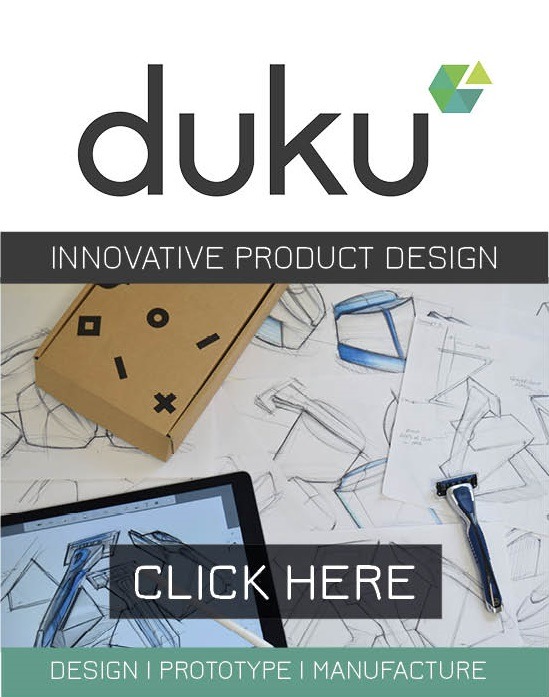Under UK patent law, if an employee creates an invention during the normal course of their duties or during duties specially assigned to them, and it is reasonable to expect an invention to result from those duties, then it is very likely that the patented invention will belong to the employer. This could be for example, if the employee is employed as a researcher in a Research & Development company.
The invention will also belong to the employer if the invention was made by an employee who had a special obligation to further the interests of the company, for example, if the employee was Director of Finance.
Should the patented invention then be commercially exploited such that it becomes of “outstanding benefit” to the employer, then the employee may be entitled to compensation.
To date, there has been very little case law in this area. Indeed, Kelly and Chiu v GE Healthcare Limited [2009] EWHC 181 (Pat) is the only reported successful case where compensation has actually been awarded. This is primarily since the element of “outstanding benefit” is very difficult to prove. The size and nature of the company, amongst other things, is taken into account. Furthermore, the onus is on the employee to prove that it is “just” that it should be awarded compensation.
A further complication arises when the employee is actually employed by a research oriented, non-trading subsidiary of a parent umbrella group, whilst the benefit derived by the patented invention is enjoyed by the umbrella group. This was the situation outlined in Unilever plc and others v Shanks (2010).
Professor Shanks worked for Unilever UK Central Resources Ltd (“CRL”) and in 1984 he invented a device with potential use in home diagnostic kits for diabetes. The invention was a device which draws into itself by capillary action a precise volume of fluid to enable rapid chemical and biochemical measurements to be made in relation to that fluid. It was routine practice for patents (both UK and overseas patents) relating to inventions created by CRL to be filed in the name of the parent company, Univelver Plc, with an assignment between the two companies supporting the change of title.
The Unilever group of companies as a whole did not initially aggressively exploit the invention but in time the patents were gradually licensed out to third parties. Eventually, by the time the patents expired, royalties amounting to about £23m were received. Professor Shanks subsequently made an application for compensation.
After considering all the facts, the Judge concluded that Shanks should in fact be entitled to compensation. The fact that the subsidiary company assigned its rights away did not mean that the Unilever group as a whole could escape the statutory provisions for compensation.
Whilst the amount of compensation has yet to be decided in this particular case, UK law provides that employees should receive a fair share of the benefit derived from the invention, the patent and/or assignment of any rights of the invention or the patent application. The amount takes into consideration, for example, the employee’s pay and duties, whether any co-inventors were involved, and the employer’s contribution, for example, use of any specialist laboratory equipment.
If you feel that, as an employee, perhaps you have reasonable grounds for making an application for compensation, and would like to find out more, please contact Albright Patents.


